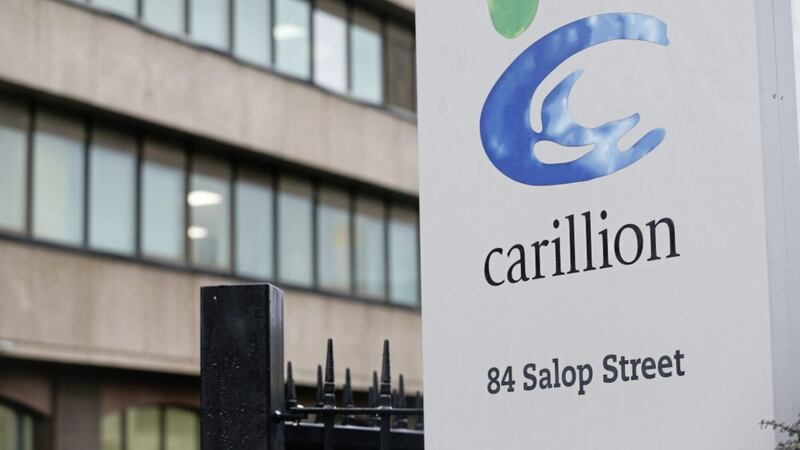THE last week has been utterly dominated by headlines about the demise of construction giant Carillion, but we have also seen the market climb to new heights in the last ten days and the Bitcoin bubble deflate.
In a way it is a relief for the focus to switch away from Brexit, but the advent of Carillion going into liquidation is not an attractive alternative. The far-reaching implications will take some time to become obvious – the human cost is high, with so many individuals and firms affected by the group’s collapse. It will also impact on a number of funds which held the shares.
Such a large company going into liquidation is thankfully a surprisingly rare event – in 30-plus years that I have been in the market I can recall three previous such situations - Marconi (the erstwhile GEC), Polly Peck and British & Commonwealth, although there have been many more smaller companies in such a situation. It will take months for all the consequences to come to light and doubtless more recriminations will be bandied around.
Despite the periodic speculation that there will be a crash in the market, there is no sign yet of such a move and indeed there now appear to be more articles about why the market is so strong rather than predictions of a correction.
A great many reasons have been put forward, but it is often fundamental economics that has the most impact.We remain in a reasonably benign environment, in particular seeing low wage inflation, which means the economy possibly has more capacity than had been feared, and there has also been an upturn in productivity.
In the three months to October there was a definite improvement, after a decade of stagnation. This implies that the UK can continue to grow without generating more inflation, which is good for equities and more dividend growth. It is also good for gilts as it means a lower path for inflation and interest rates than feared a few months ago.
The collapse in bitcoin has been somewhat predictable. It had all the makings of a bubble and the only question appeared to be when it would burst. In fact the value of bitcoin peaked just before Christmas at over $19,000 per virtual coin, but since then it has plunged by more than 50 per cent to about $9,000. It has a number of characteristics that would appear to indicate this was inevitable: bitcoin is not approved by governments or central banks, there is a generous supply and it has no intrinsic value.
All of these developments point to an interesting year ahead. If 2017 proved to be rather unpredictable, 2018 is certainly shaping up to be the same. Such disasters as Carillion and the bitcoin collapse only serve to endorse the central investment principal of diversification. Portfolios with only a limited exposure to Carillion, for example, are most likely still well up on the year.
:: Cathy Dixon is a director at the Belfast office of Cunningham Coates Stockbrokers, a trading name of Smith & Williamson Investment Management ( SWIM). This article does not constitute a recommendation to buy or sell investments and the value of any shares may fall as well as rise. Investments carry risk and investors may not receive back the amount invested. The views expressed are those of the author and not necessarily of SWIM.








